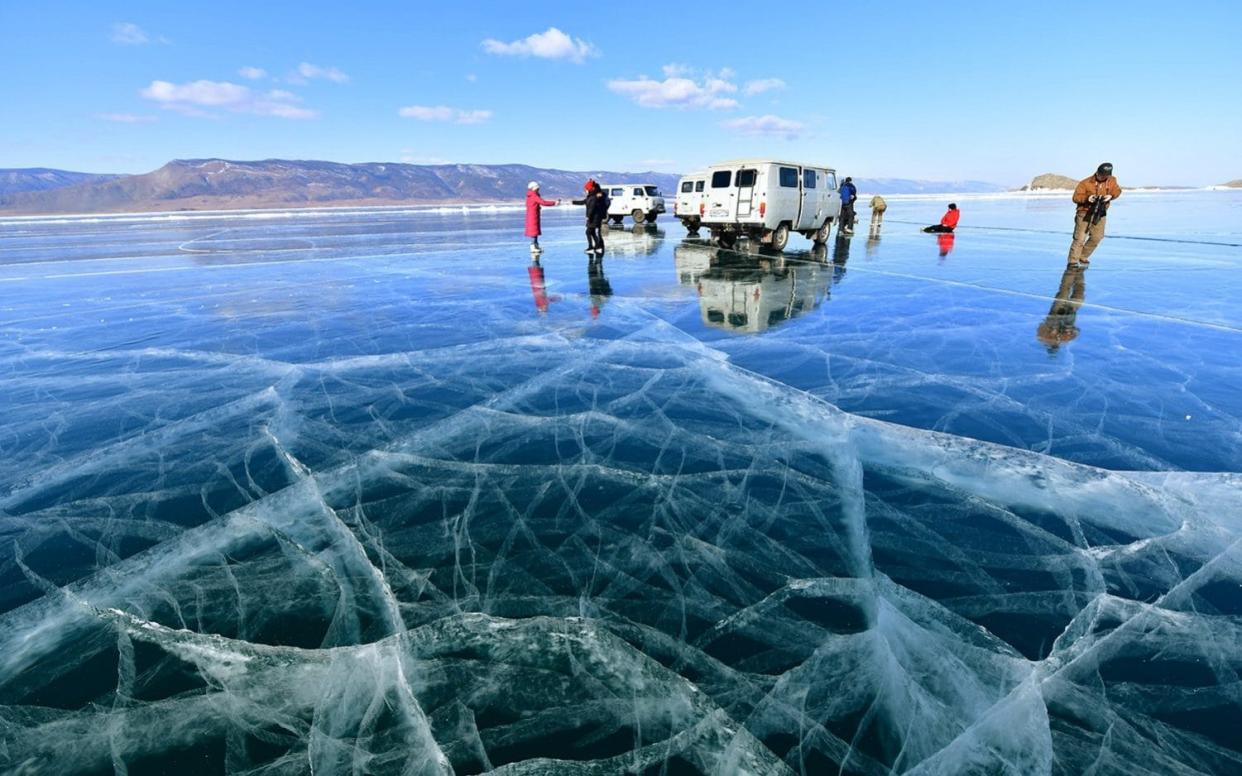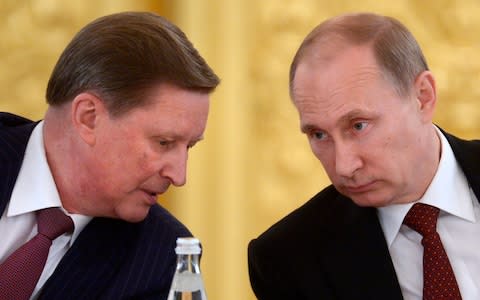Putin envoy proposes restricting tourism to Baikal, world's largest lake

Vladimir Putin's environmental envoy has said Russia must limit the number of tourists visiting Lake Baikal, by volume the world's largest freshwater in the world.
Sergei Ivanov, the president's special representative for nature conservation, ecology and transport, told a congress on water resources on Tuesday that “rubbish is increasing at an unbelievable pace” on the shores of Baikal.
“Sooner or later we will have to artificially limit the flow of tourists to Baikal, as sad as it sounds,” Mr Ivanov said. “If we want to preserve Baikal's uniqueness and keep it clean, we need to do something with the flow of people.”
He noted that tourists must receive permits to visit some nature reserves in Russia.
The governor of the Irkutsk region later said the tourist flow should be restricted in certain areas on the lake but increased in others through infrastructure development. MP Mikhail Schapov said measures must be taken to create jobs for locals if tourism is cut.

Some experts have argued, however, that the dumping of sewage from more than 80 towns along the shore is a bigger threat than rubbish left by tourists.
Ninety per cent of the towns around Baikal lack sewage treatment facilities, according to the Russian Academy of Sciences.
In his remarks, Mr Ivanov said small hotels are popping up “like mushrooms” and dumping sewage into the lake, linking this to the growing number of tourists.
Some 1.2 million tourists visited the lake in 2018. Lake Baikal is contains more water than the North American Great Lakes combined and, with a maximum depth of 1,642 m (5,387 ft),is the world's deepest lake.
It is also considered to be the world's oldest lake– at 25–30 million years.
In 2013, authorities closed a paper mill that had been polluting Baikal for nearly five decades, but other threats have arisen. Construction of a Chinese water bottling plant was halted after a public outcry this spring.

Mikheil Kreindlin of Greenpeace Russia said authorities should limit tourists in certain areas while also improving the enforcement of sewage disposal regulations.
The natural resources ministry is reportedly considering relaxing sewage treatment rules after officials such as the head of the neighbouring Buryatia region argued that current standards are too difficult for locals to meet.
“The main threats to Baikal, in no particular order, are uncontrolled tourism connected with construction of hotels without sewage treatment, pollution from towns and industry without sewage treatment, pollution from ships that are practically unregulated, and the death of forest from fires and logging,” Mr Kreindlin said. “All together this leads to algae blooms and pollution of the water.”
In particular, the number of tourists should be restricted in overburdened areas like the island of Olkhon, which is famous for its dramatic cliffs, he said.

 Yahoo News
Yahoo News 
